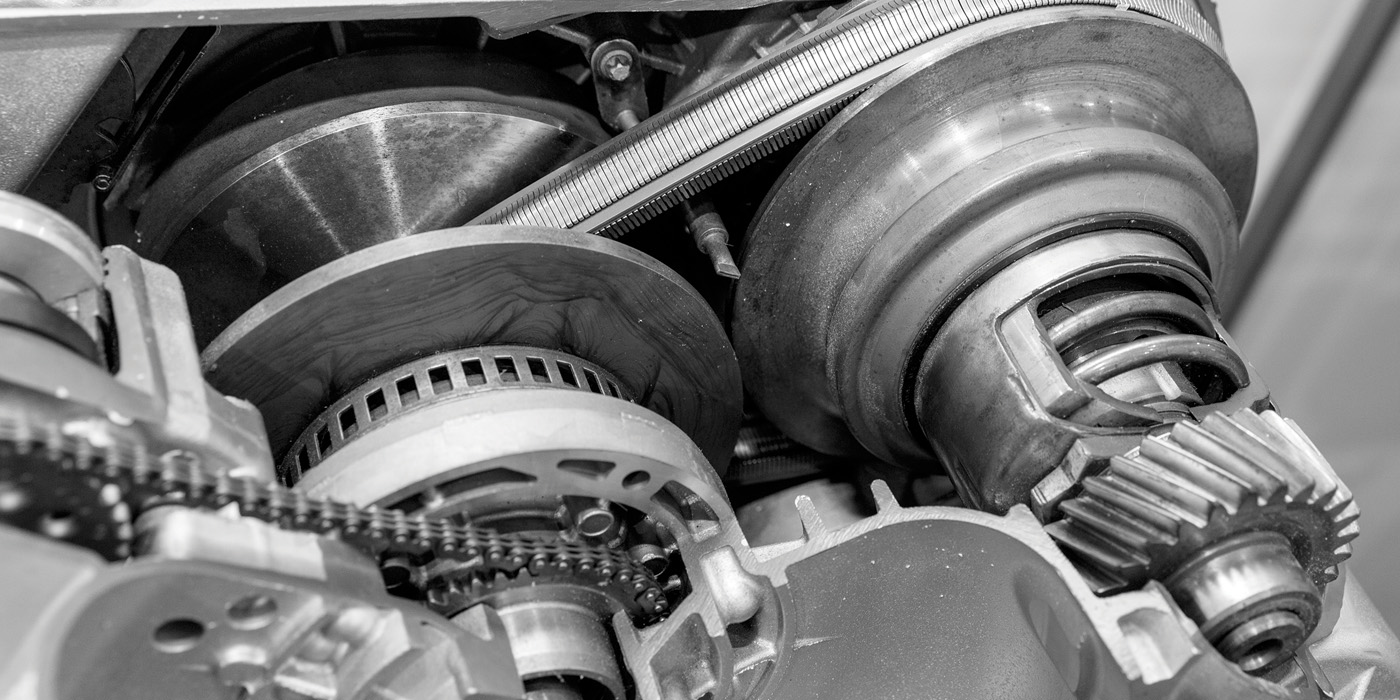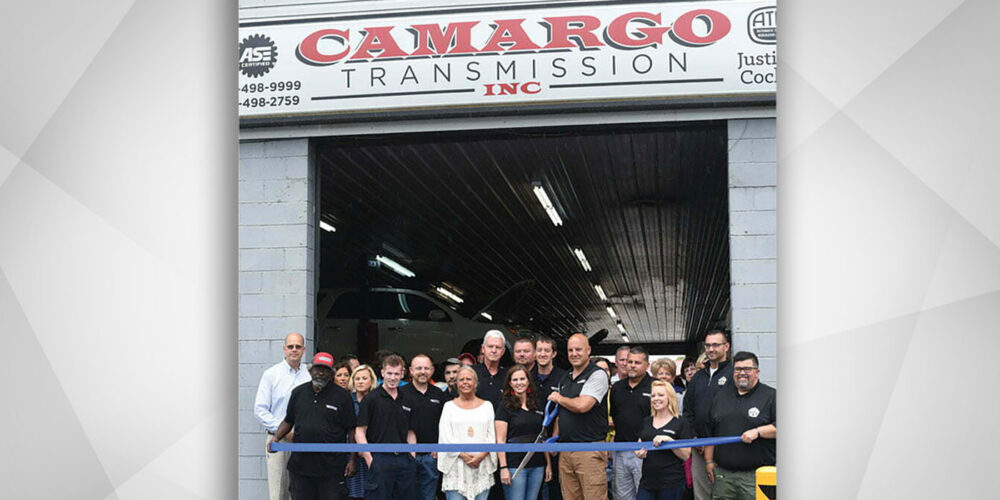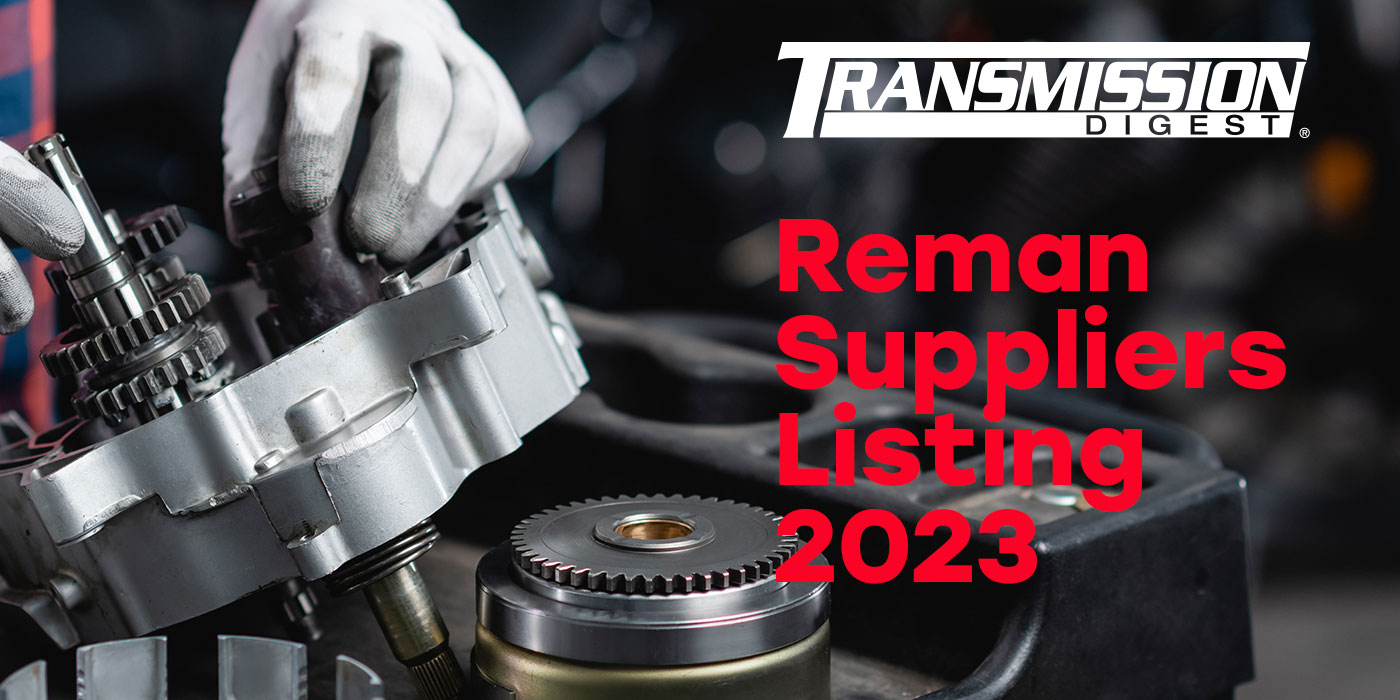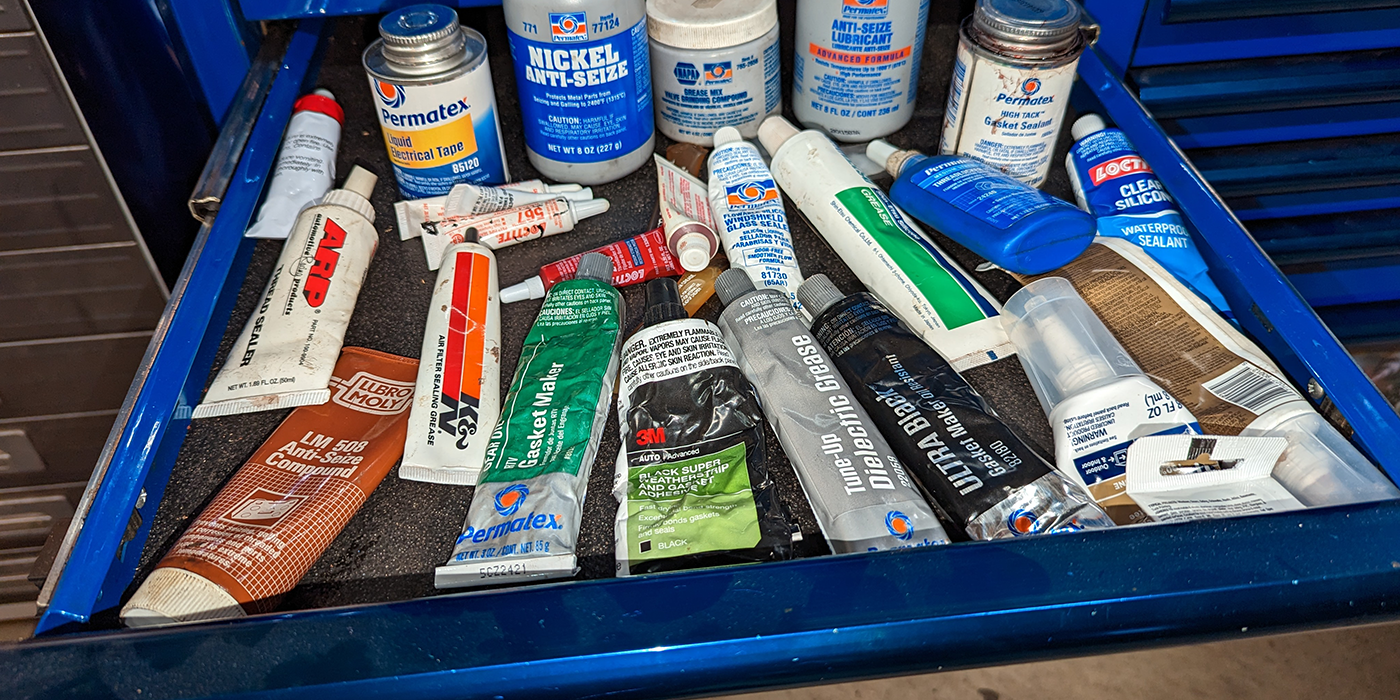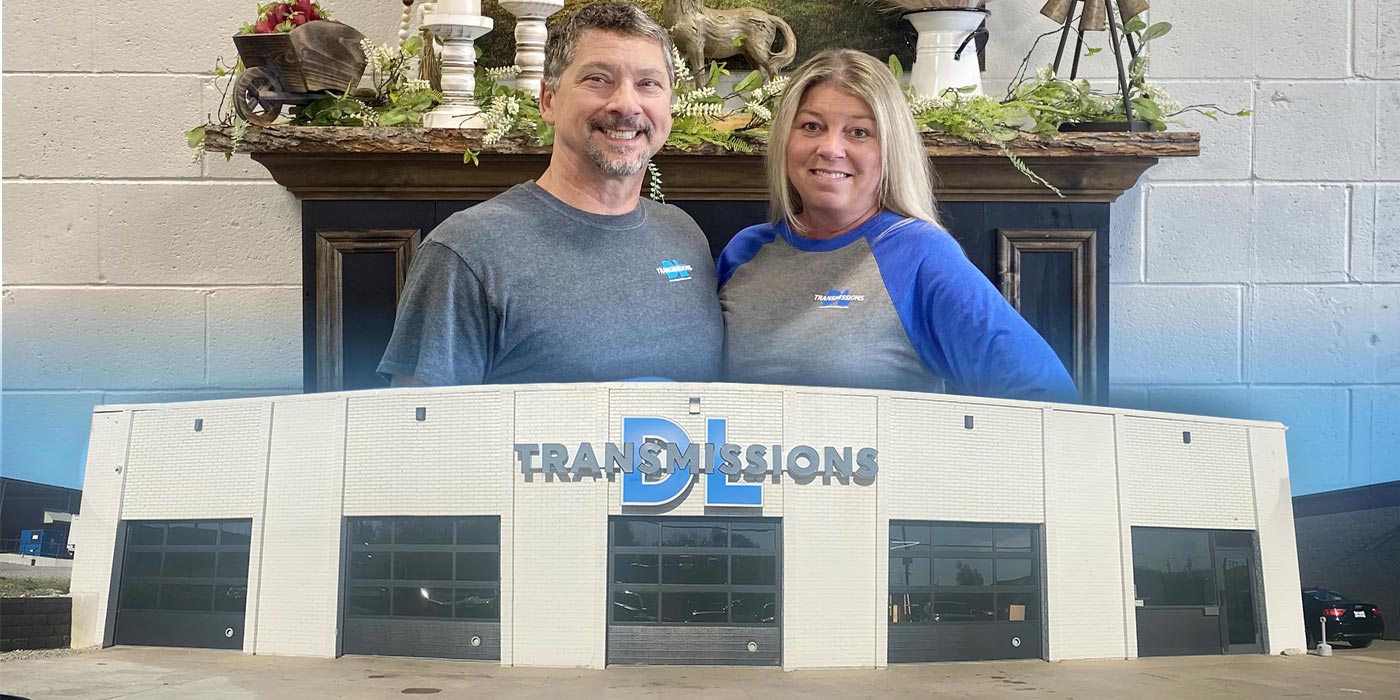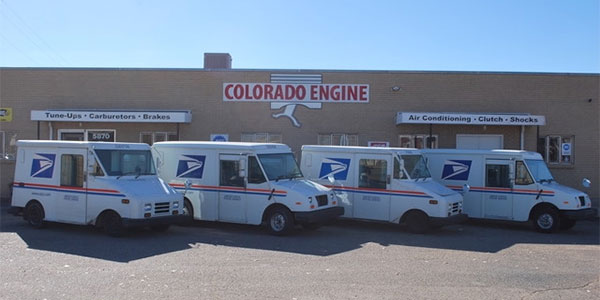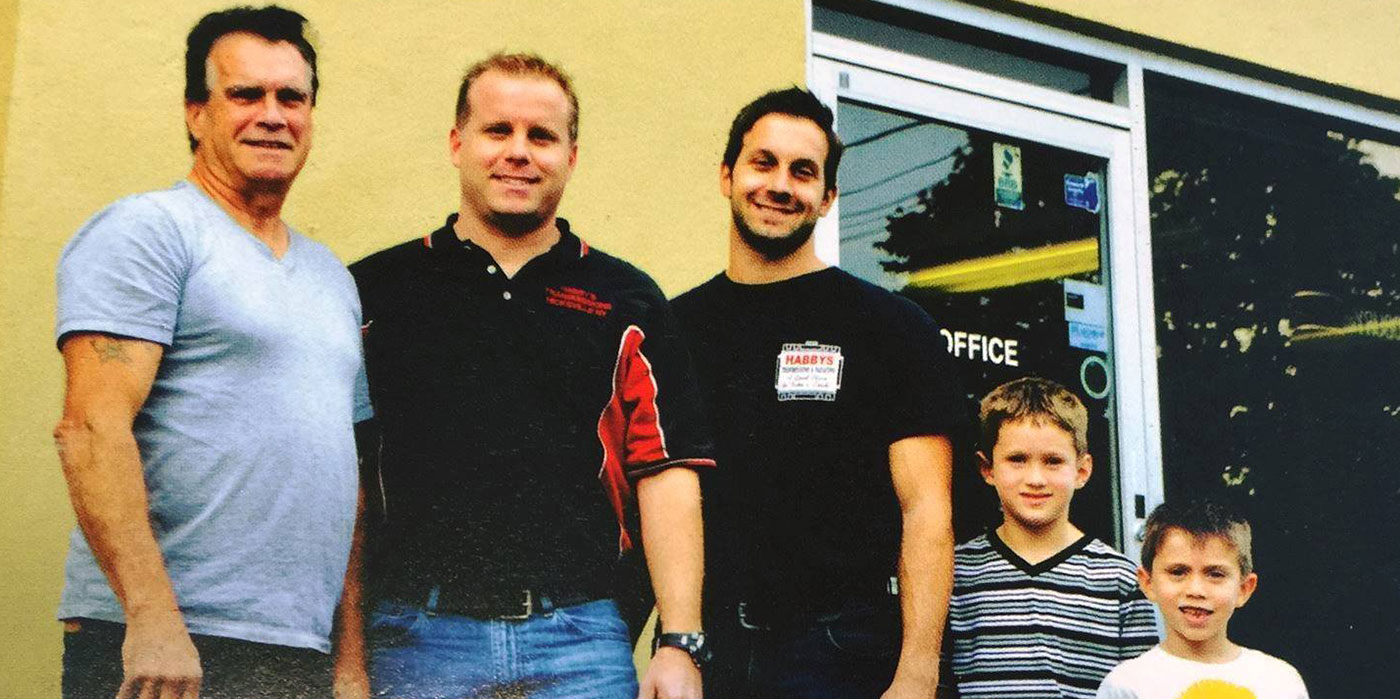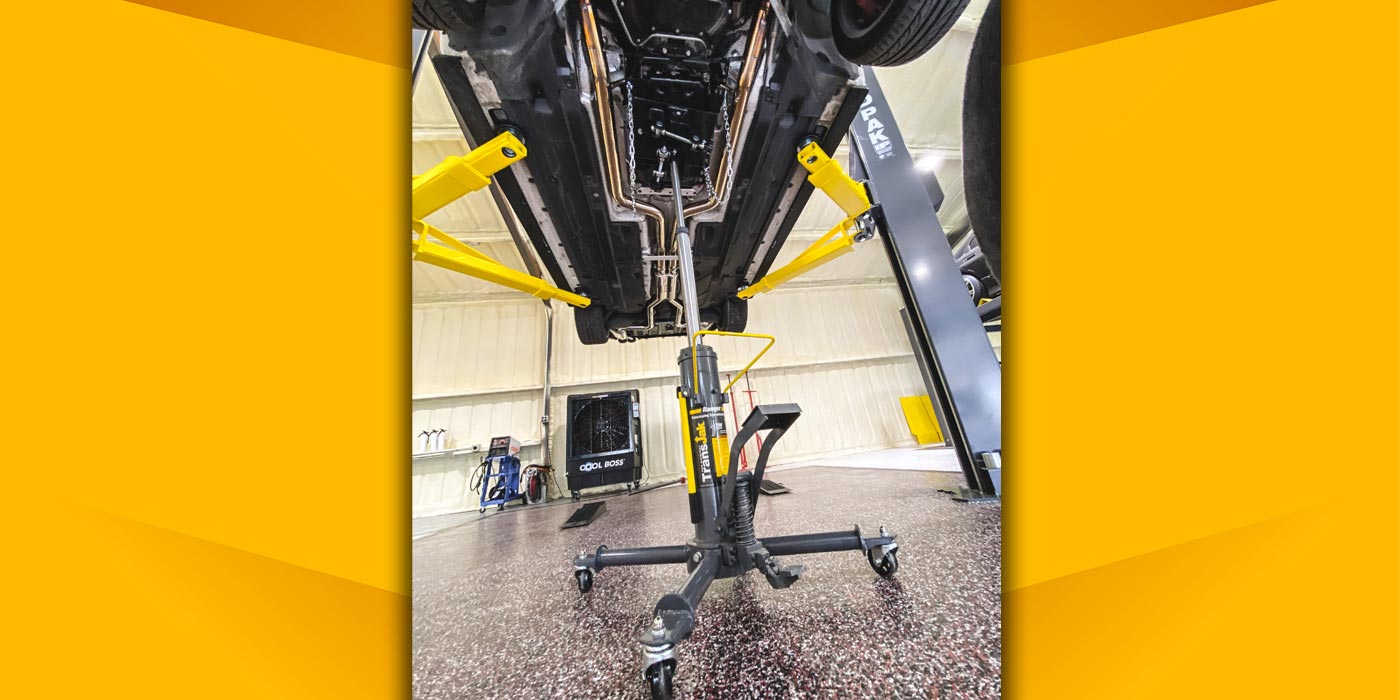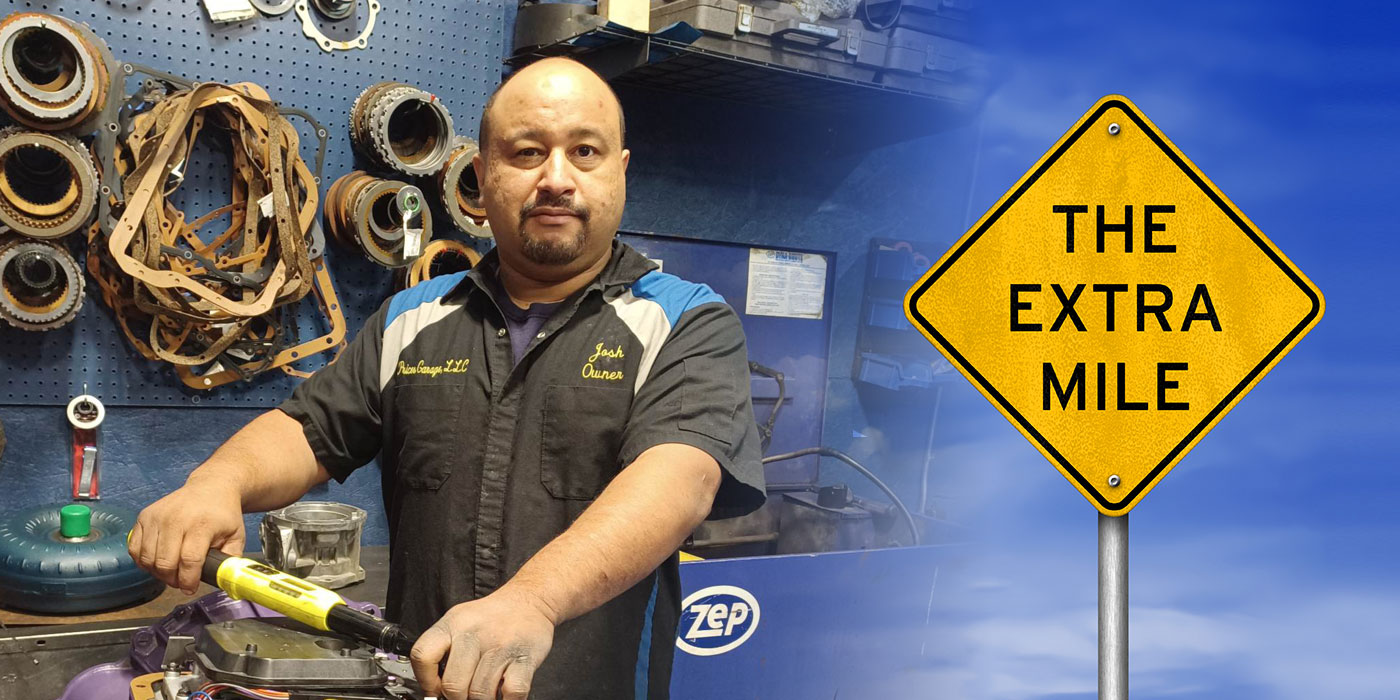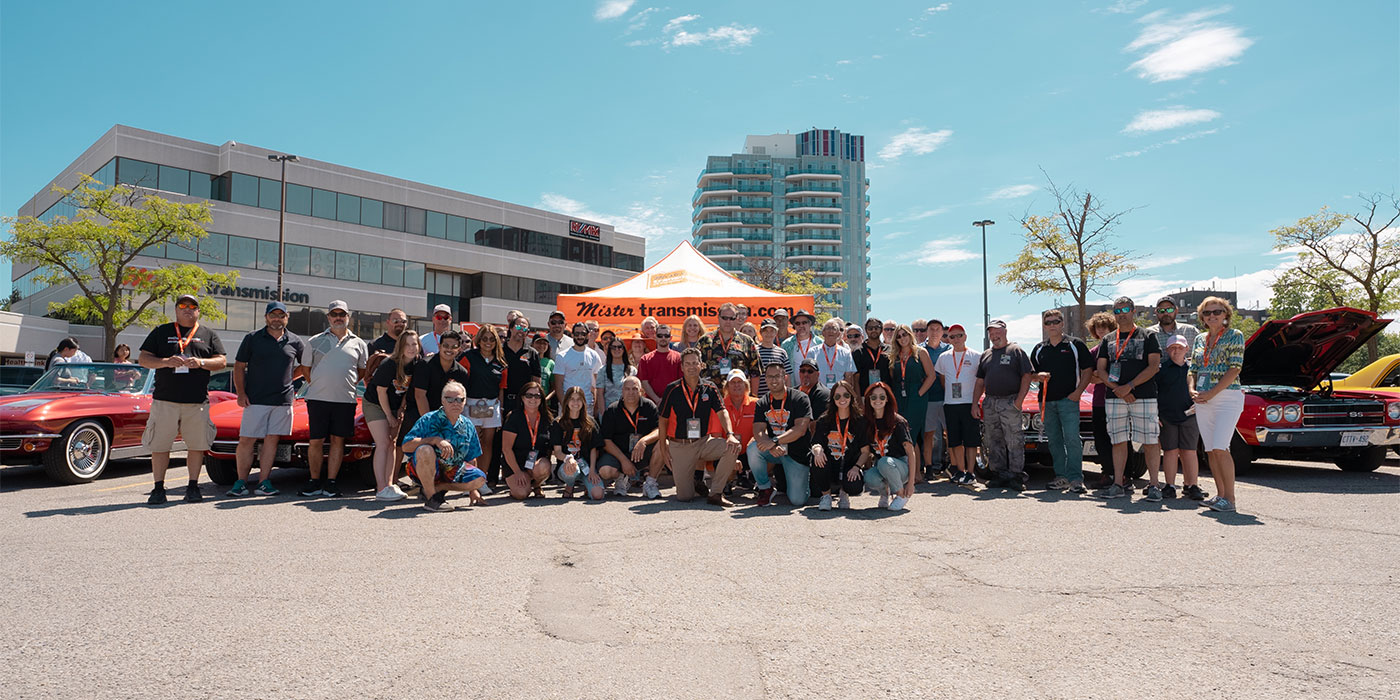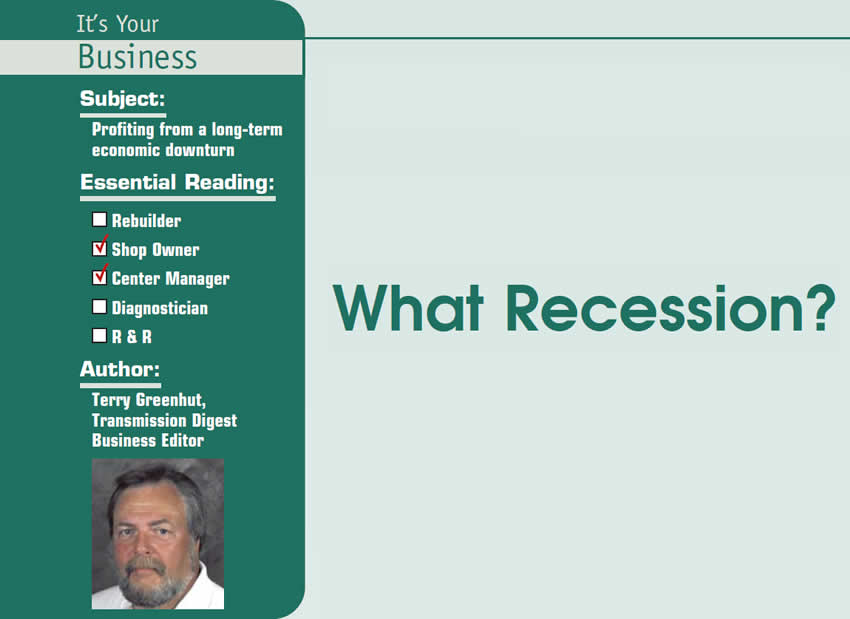
It’s Your Business
- Subject: Profiting from a long-term economic downturn
- Essential Reading: Shop Owner, Center Manager
- Author: Terry Greenhut, Transmission Digest Business Editor
Whenever we find ourselves in a recession we also find that not everyone is losing money on account of it. Some are actually making far more than they would in a normal economy. You are a good example of one who can profit from a long-term economic downturn.
Notice I said long-term. A short decline doesn’t impose enough fear or hardship to stop Joe Average from trading in the family sedan when it gets about 100,000 miles on it, but a long slump will. He’ll repair and service it in the hope of keeping it to 150,000 or more miles.
We, as an industry, can choose not to take part in this recession. We can and should go on pricing our work on the basis of our costs and the profit we need to make, and selling our services properly, being more aggressive about closing sales than we are in so-called normal times.
This is not a time to lower prices, even though you may be tempted by the comments customers make about not having money. You don’t need to feel sorry for their situation to the point that you take money out of your own pocket to make it better for them. Just ask yourself whether any of them would return the favor to you. Your primary commitment is to save them money by diagnosing and repairing their vehicles properly.
You need to have empathy for their plight, not sympathy. With empathy you understand their problem and come up with a workable solution that benefits both of you. With sympathy you become a part of their problem, trying to meet their price concerns by cutting quality, warranty and/or your profit in an effort to satisfy them. So empathy helps you both, but sympathy does no one any good.
It was in September 1975, in the middle of one of the worst recessions this country had ever seen – second only to the one we are going through now – when a laid-off elevator mechanic who was tired of not having the ability to control his own destiny opened a transmission-rebuilding business.
He knew next to nothing about fixing transmissions or about the proper way to do business. His only experience in auto repair was performing tune-ups and brake jobs in people’s driveways.
While in the midst of renovating an old factory building to serve as his new shop he went into New York City to Motor Publications’ headquarters and bought the company’s then-current transmission manual that covered all the present models. He sat up in bed reading it every night until it made sense to him. He learned the theory before ever turning a wrench on a transmission.
His business should have failed within the first six months. The problem was that he didn’t know it was supposed to. He had never lived through a recession and really didn’t know exactly what it was. When he eventually found out, he simply decided not to take part in it. So for the next couple of years he fought on three fronts. He had to learn how to build transmissions, run a business and beat this recession.
On the advice of his silent partner, the 30-year owner of an engine-rebuilding business, he hired two experienced transmission rebuilders. The two could see that there wasn’t going to be enough work in the beginning for both of them, so each kept telling him how bad the other one was, hoping to eliminate the competition.
He wound up keeping the one he thought he could learn from, who subsequently taught him how to build. Then that fellow quit just as the new shop owner was about to build his first FMX. Not a great transmission to solo on, since it went together the opposite of most other types. He had his installer watch him take it apart, hoping the second pair of eyes would be useful in putting it back together. From then on he hired and trained all his own rebuilders, and there were many over the next 25 years.

He made it through that recession and a couple more over the years. He taught himself how to run the business and primarily how to sell. He was one of the lucky ones who realized early on that his work was valuable but that no one would pay him what it was worth unless he asked for it and knew how to back up that request with great techniques for handling price objections.
One of his greatest lessons learned was that customers don’t necessarily come to you. You have to go and find them. Once you do, you have to persuade them to do business with you and then keep them long term.
He taught himself all the sales techniques he needed and then spent the next 30 years teaching them to anyone in the industry who wanted to learn. He, of course, is me. I like to tell my story as an inspiration to others, especially in tough times, to show that if a college drop-out like me can become a success in a very tough business, pretty much anyone can.
When I worked for Otis, fixing elevators, we had a motto: “Nothing is easy.” I carried that motto over to everything I’ve done since, because nothing is easy; worthwhile, yes, but easy, never. And maybe it shouldn’t be, because if it were easy way too many people would be doing it and would never appreciate what it really takes to be successful at it. The question always remains the same: How badly do you want it and how hard are you willing to work for it?
“Cash is king” right now, and you can make some great buys if you have any investment money that isn’t earmarked for necessities. This is the time to invest in your shop’s future by buying tools and equipment from suppliers who are willing to deal and at auctions of failed automobile dealerships, just like in 1975 when I outfitted my entire shop that way with some terrific buys.
With the real-estate market at its lowest point in decades, now might be a good time to buy the bigger building to house your business for the next decade or two. It also might be a great time to buy that vacation home you’ve been wanting. I’m looking for one on a golf course in Florida, and I’m finding that I can pretty much take my pick and name my price.
Although it may not be a good time to sell your real estate, it may be a great time to acquire more. With cash you call the shots. Sellers are thrilled to find buyers who don’t have to sell another property first or have to secure a mortgage. That in itself can help you get a price that’s well below market.
Real estate, especially residential, in a traditionally good area will come back. It always has, and always stronger than it was before. The simple explanation is that people have the desire to live in a nice place. Once they get over their fear of losing their jobs and credit loosens up a little they’ll again be looking to move up. We also have to remember that the population is ever increasing. All those people need places to live, and in many better communities there isn’t that much land available so it will have to change hands, leading eventually back to higher pricing. Outrageous offers that you may have been embarrassed to give not too long ago, you might find are accepted – or at least not taken as an insult but as a starting point – today.
It’s a balancing act. On the one hand we are looking to buy everything as inexpensively as we can while on the other we are trying to sell our goods and services for the maximum profit.

Just Say Yes! Our new motto
That should be our answer to almost everything. The only time it wouldn’t apply is when customers try to get us to lower prices.
Get into the habit of saying yes to almost any customer request. Develop a “can do” attitude. When someone asks, “Can you?” the answer is always, “Yes, we can.”
When they call and ask, “Can you give me a price on a transmission?” say: “Sure I can. What time would you like to come in so I can have a look at it?”
In a potential comeback situation say yes by immediately inviting the customer in to check out the problem. Don’t ever refuse to check it, put it off or try to blame it on something or someone else while on the phone. Always offer to look at it again, even if you believe it’s unrelated to your work. If it is your comeback make sure it gets fixed right this time. No matter how nice you are they won’t put up with the same thing going wrong too many times. While fixing it, see what else they might need and you can sell them.
If someone calls and asks, “Can you take a look at my car today?” the answer is always “yes.” You’ll find a way to squeeze it in. Remember, if you don’t someone else will and you’ll lose the job and the customer, probably forever.
These are times when seconds count. Reaction times are extremely important. When asked whether you can do something, respond instantly. Don’t hesitate. Any hesitation is a sign that you either don’t want to do it or don’t know how.
Treat every customer as if they were a long-lost friend whom you’ve been dying to see. Be very friendly and helpful. Make the experience as comfortable and pleasant for them as possible. Make them feel that you only want the best for them.
Outside sales
Many of the shop owners I’ve spoken with lately have told me they’ve given up on their outside-sales effort because they believe it’s a waste of time with the lack of commercial work they’ve experienced since the recession began. I say, “That’s all the more reason to be out there.” If your competitors have given up, that’s the best reason for you to be belly to belly with their potential customers. That way, when there is any work to be had, your shop will be top of mind.
Outside sales is or should be a constant, not something to do when business is good or when it’s so bad you believe you need to dig under rocks to find some. You visit existing accounts to keep them happy and drum up new ones. It’s part of the ongoing process of doing business.
When you visit a new one find out:
- 1) Whom they do business with now?
- 2) What they like most about what that shop does for them?
- 3) What if anything they would change or improve?
Then, show them how your service will fulfill all their desires and needs.
Get even more involved in the community. Take every opportunity to show what a great person you are. That always equates to what a great business you run. In times when people are questioning price and honesty even more than usual it’s especially important that they come in because of a trusting relationship you have already established outside of the business.
Never give up and never give in. Some won’t be around anymore when this is over. But you can and will be stronger than ever with the right attitude. Just don’t try to take the path of least resistance. Work hard to get every sale and keep your customers happy. That should in turn keep you happy and get you through this recession in fine shape.

Visit www.TerryGreenhut.com.


